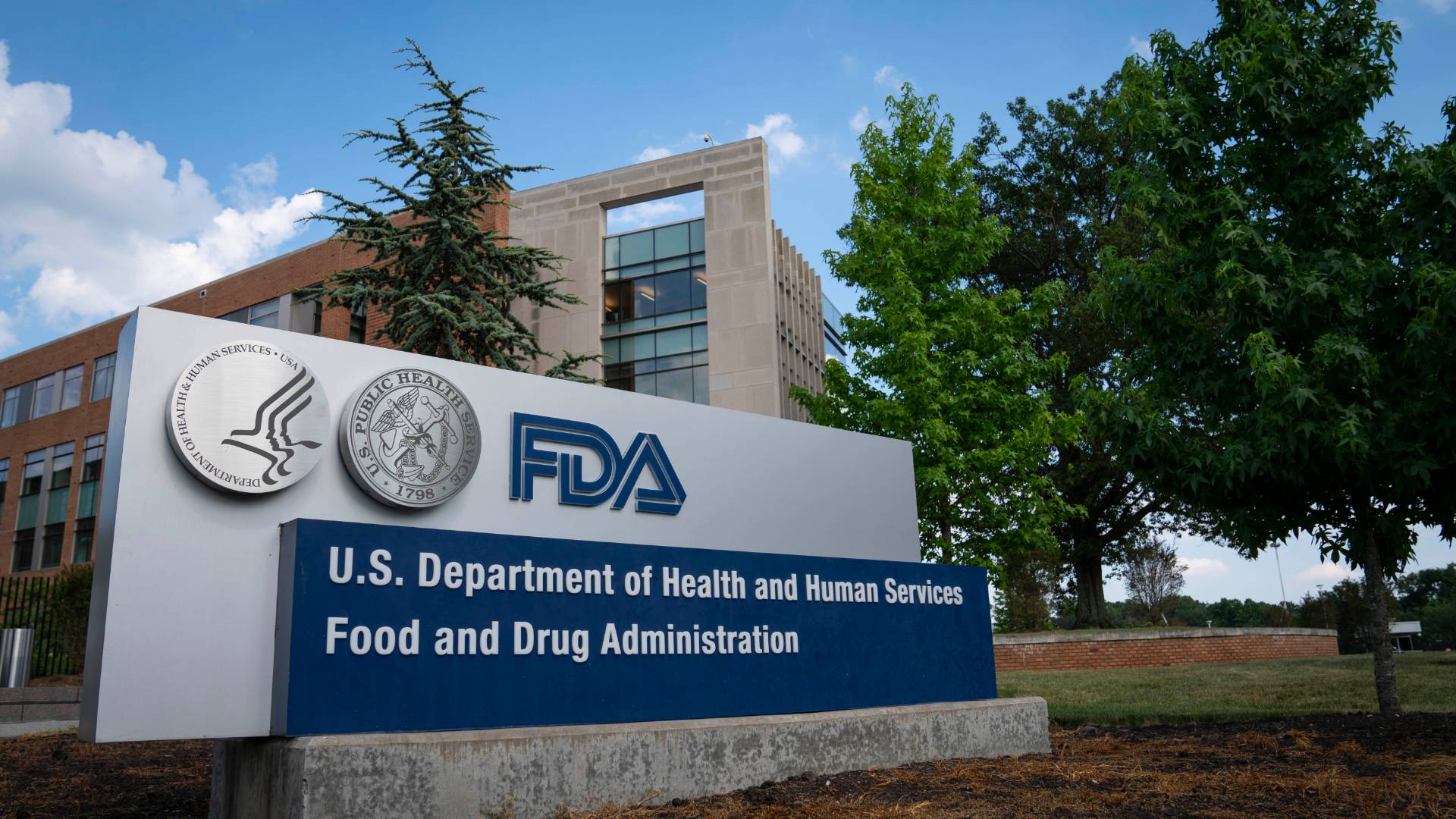FDA’s Plan to Replace Animal Testing Begins a ‘New Era for Drug Testing,’ says Doctors Group

WASHINGTON, D.C.—The nonprofit Physicians Committee for Responsible Medicine, which promotes the use of human-relevant test methods to replace animal use in drug testing and development, enthusiastically supports the U.S. Food and Drug Administration’s historic decision to phase out animal use in favor of human-relevant methods, such as computational methods, organ chips, and organoids, to test monoclonal antibody therapies and other drugs.
“FDA Commissioner Marty Makary’s historic announcement that the FDA will phase out animal testing ushers in a new era for drug testing that will save human and animal lives by integrating better science to make better decisions for health,” says Elizabeth Baker, Esq., director of research policy for the Physicians Committee for Responsible Medicine. “The announcement reflects that innovation, public health, and animal protection go hand in hand.”
For years, it’s been known that animal testing for drug development is not good science. Many animal tests are simply too costly, take too long, and give misleading results. The costs to develop drugs are staggering—at $2.6 billion per drug. Companies lose $500,000 to $1 million in revenue each day a drug is delayed from entering the market. New drugs can take 10-15 years to develop, and more than 90% will fail in clinical trials, largely due to being unsafe or ineffective for humans. Conversely, safe and effective medications may be screened out by unpredictive animal tests. And untold numbers of dogs, mice, rats, rabbits, pigs, monkeys, and other animals are used in painful and often lethal procedures.
Human-based technologies—such as advanced in vitro models and sophisticated computer modeling, including AI, are generally cheaper, faster, and more predictive of human outcomes than traditional animal tests. The use of human cells, tissues, and data, makes them more biologically relevant to humans, avoiding translational issues that come with cross-species extrapolation.
“As more of these predictive methods are integrated into decision-making, companies can make more informed decisions about which compounds to advance or leave behind, leading to safer and more effective compounds advancing to clinical trials at less cost,” says Baker.
Support for Commissioner Makary’s action has never been stronger. In a recent poll, 86% of Americans agreed that “animal experimentation should be phased out in favor of more modern research methods.”
Congress supports this from both sides of the aisle. In 2019, Congress sent a letter to the FDA requesting the agency update its regulations and establish a path for acceptance of nonanimal methods. In 2021, Congress passed Appropriations report language directing FDA to modify regulations to clearly reflect the ability to accept valid, human-based nonclinical methods. In 2022, the bipartisan FDA Modernization Act 2.0 clarified that FDA can accept nonanimal methods. A 2023 letter from Congress asked the FDA to update its regulations to remove requirements for animal testing. In 2023, Congress also provided $5 million for the agency to reduce animal testing through nonanimal methods. The recently introduced FDA Modernization Act 3.0 seeks to change FDA regulations to ensure clarity that nonanimal methods are accepted.
Last year, the Science Board to the FDA provided key recommendations for integrating modern methods. Recommendations include creating a central office to drive progress, tracking metrics to measure impact and progress, building an accessible agency-wide framework for accepting new methods, providing transparent and rigorous review for applications that involve these methods, investment in high-impact approaches, and establishing a central database for clarity on which new methods are in use.
Historically, the agency has engaged in many activities related to nonanimal methods, including the 2017 Predictive Toxicology Roadmap, the 2019 Alternative Methods workgroup, the 2020 Innovative Science and Technology for Advancing New Drugs (ISTAND) pilot program, and the 2023 New Alternative Methods Program, but until now the agency lacked strong leadership to drive innovation. This commitment from FDA leadership was sorely needed to drive culture change.
Physicians Committee experts have been working on this issue for more than a decade, pushing for changes to regulations and guidance that require and recommend animal tests, a clear pathway for acceptance of nonanimal methods, like the agency’s ISTAND, and training scientists and reviewers on nonanimal methods. Earlier this month, the Physicians Committee sent a letter to Commissioner Makary, asking him to commit to reducing and replacing animal testing with modern human-relevant methods; to change policies that currently require or recommend animal experiments; and to implement recent recommendations of the Science Board to the FDA to embrace modern approaches.
As the agency notes, changing policies to clearly reflect acceptance of nonanimal methods will be key—this includes regulations and guidance. Other important activities: training agency staff to build competence in new methods and create internal knowledge base, and leveraging human data for evaluation of new methods.
Media Contact
Michael Keevican
202-527-7367
mkeevican[at]pcrm.org
Founded in 1985, the Physicians Committee for Responsible Medicine is a nonprofit organization that promotes preventive medicine, conducts clinical research, and encourages higher standards for ethics and effectiveness in education and research.








